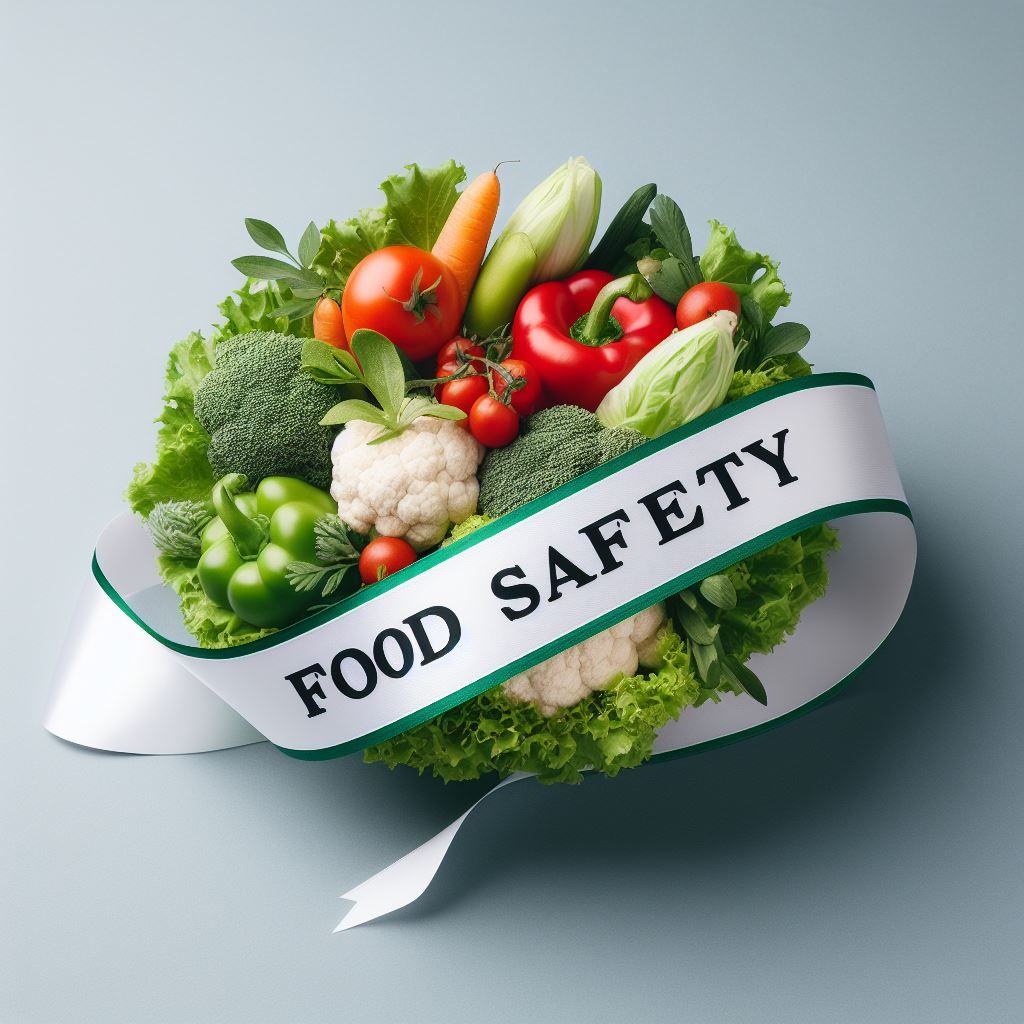The Crime Scene On Our Dinner Tables: Understanding Food Fraud
Unraveling the Complexities of Food Fraud

In a world where the food supply chain is vast and complex, an invisible menace known as Food Fraud lurks. This dishonest practice threatens not only the integrity of the industry but also the lives, health, and trust of consumers. Because it takes on various forms, this makes it challenging to detect. Today, we delve into the layers of food fraud, exploring its intricacies and shedding light on the importance of vigilance in an ever-evolving food industry landscape.
Understanding Food Fraud
By definition, food fraud is the unlawful and intentional manipulation of food products or food product information for economic gain. This includes acts such as altering, misrepresenting, mislabeling, substitution, tampering, or counterfeiting any food product or its packaging, and it can occur at any weak points along the supply chain.
Common examples include the dilution of olive oil with cheaper oils, misrepresentation of fish species, or the addition of unauthorized and harmful substances to enhance visual appeal or to increase volume/mass. In 2008 the industry was shaken by a melamine scandal where a company that manufactures baby formula was found guilty of using a prohibited substance, melamine, to increase the protein content of baby formula. This resulted in the death of 6 babies, and the illness of over 300 000 babies.
In 2016, Food fraud was estimated to cost the global food industry $10-15 billion, this amount is estimated at $40 billion per year since 2023.
The impact on health and consumer trust
Beyond monetary losses, food fraud poses serious risks to public health. The substitution of ingredients or the presence of undeclared harmful substances and allergens can lead to severe allergic reactions and or other health issues. Moreover, these incidents erode consumer trust, leaving individuals skeptical about the products lining grocery store shelves. Rebuilding this trust requires transparency, accountability, and a united effort from both the industry and regulatory bodies.
Criminalization of food fraud
The South African legislation (Foodstuffs, Cosmetics and Disinfectants Act; Consumer Protection Act; Agricultural Products Standards Act) makes provision for the criminalization of food fraud, stating that offenders can face imprisonments, forfeiture of goods, or administrative fines- depending on the severity of the matter.
Navigating the farm-to-fork maze
As consumers and manufacturers, staying informed and vigilant is the first line of defense against food fraud. Consider the following tips:
1. Read labels thoroughly: Scrutinize product labels for inconsistencies, misspellings, or vague information. Pay attention to packaging and branding, as fraudulent products often mimic reputable brands.
2. Know your suppliers: For professionals in the food industry, establishing strong relationships with trustworthy suppliers is crucial. Regular audits and quality checks help ensure the authenticity of the ingredients used in your products.
3. Stay informed: Keep abreast of industry news, emerging trends, and new technologies aimed at detecting food fraud. Continuous education is key to staying ahead of the game.
4. Report suspected fraud: If you suspect food fraud, report it to the relevant authorities because consumer feedback is invaluable in maintaining the integrity of the food supply chain.
Conclusion
Food fraud is a pervasive issue that demands collective awareness and action. By understanding the various forms it takes and adopting proactive measures, we can work together to safeguard the integrity of our food supply. Consumer activism tends to lead to an increase in the enforcement of the law pertaining to food safety. Let's strive for value chains where transparency, trust, and authenticity are the cornerstones of every meal. After all, the journey from farm-to-fork should be one we can all trust.
For organizations seeking support in conducting comprehensive risk assessments and implementing effective supplier management strategies, we invite you to reach out on info@pulacorporation.co.za.
Please feel free to share your thoughts on the comment section below.

